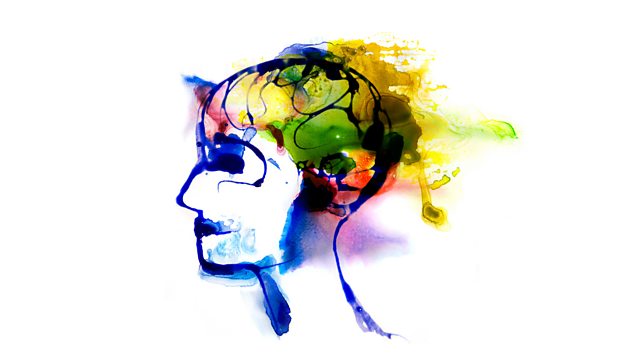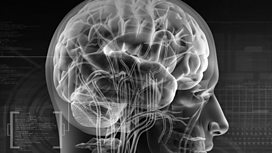Destiny and the Brain
Neuroscientist Hannah Critchlow asks what the latest brain research might tell us about ideas of free will, nature and nurture, and destiny.
Neuroscientist Hannah Critchlow asks what the latest brain research might be telling us about ideas of free will, nature and nurture, and destiny.
At the dawn of neuroscience, it was an established principle that all of the neurons in the brain are created before birth and repair of a damaged brain isn’t possible. By the 1960s, experimental evidence was emerging indicating that at least some parts of the brain might actually be able to adapt, regenerate, and change.
For many, this meant a brighter and more optimistic view of human potential - a world in which we might see ourselves more as a blank slate, free from the destiny of our genetic inheritance.
However - we are now on the cusp of a new frontier in neuroscience. Developments in imaging technology and computational power are enabling mapping and exploration of the brain like never before. What are we learning?
Hannah looks at whether we are, in fact, more like hard-wired machines, running on circuits we can’t alter. What if, by knowing more about our individual brain's wiring we might be in a better position to take decisions about the things that we can control?
Or - if everything we do is largely pre-determined by the physical structures of the brain, what does that mean for predicting our destiny?
Contributors:
Gina Rippon - Cognitive neuroscientist and author of The Gendered Brain
Kevin Mitchell - neurogeneticist and author of Innate
Colin Blakemore - neuroscientist
David Edwards - Director of The Centre for the Developing Brain at King’s College London
Sharon Begley - science journalist and author of The Plastic Brain
Hugo Spiers - cognitive neuroscientist
Produced by Peggy Sutton and Rich Ward
A Somethin’ Else production for BBC Radio 4
Last on
![]()
How you can re-programme your brain
Are we able to rewire and re-programme our own mind and control our own destiny?
Broadcasts
- Tue 14 May 2019 11:00BBC Radio 4
- Mon 20 May 2019 21:00BBC Radio 4


